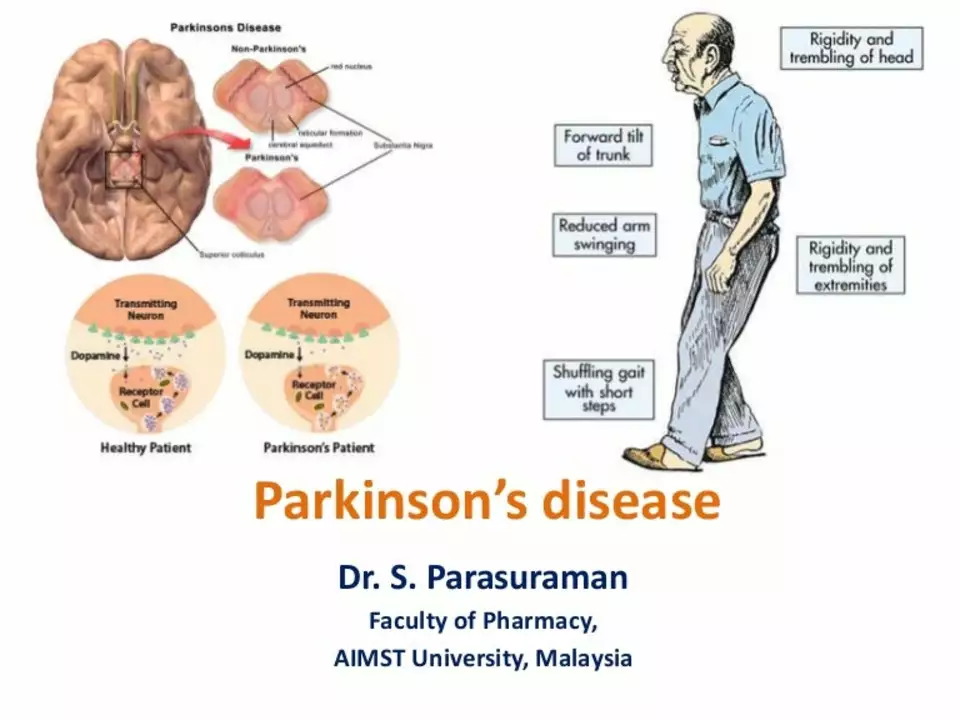Understanding Fatigue: Why You Feel Tired and How to Fight It
If you’ve ever stared at the ceiling wondering why you’re so wiped out, you’re not alone. Fatigue isn’t just feeling sleepy after a long day; it’s a deeper lack of energy that can mess with work, family, and fun. The good news is most fatigue has clear reasons you can address without costly tests.
Common Triggers You Might Overlook
First off, sleep quality matters more than the number of hours you spend in bed. A night filled with snoring or an uncomfortable mattress will leave you groggy even after eight hours. Next, dehydration is a sneaky culprit—your body needs water to keep cells firing properly, and a little thirst can feel like big fatigue. Diet also plays a role: meals high in sugar cause quick spikes then crashes, while skipping breakfast forces your brain into low‑fuel mode.
Stress and mental overload are often blamed for “brain fog.” When you’re constantly juggling deadlines or worrying about bills, cortisol stays elevated, draining stamina. Even mild anemia or thyroid imbalances can hide behind vague tiredness, so if you’ve tried lifestyle fixes and still feel drained, a quick blood check with your doctor might be wise.
Quick Everyday Hacks to Raise Your Energy
Start with a glass of water right after you wake up—your body’s dehydration level is usually at its peak overnight. Pair that with a protein‑rich snack like Greek yogurt or nuts; proteins give steady fuel, unlike sugary cereals that crash fast. Move your body for just five minutes: stretch, walk around the house, or do light jumping jacks. Short bursts of activity boost circulation and signal your brain to stay alert.
Limit caffeine after lunch. A cup of coffee at 3 pm can keep you wired when you need sleep later, creating a vicious cycle. Instead, try herbal tea or just water. Also, set a consistent bedtime routine—dim the lights, put phones away, and read something calm for 10 minutes. Your body loves patterns; a regular schedule trains it to feel sleepy at night and awake during the day.
If you suspect an underlying health issue, note any extra signs: unexplained weight loss, persistent fever, or mood swings. Bring those notes to your doctor so they can run targeted tests instead of generic panels. Often, fixing a vitamin D deficiency or adjusting medication timing makes a big difference.
Bottom line: fatigue is usually a mix of sleep habits, hydration, nutrition, stress, and sometimes health conditions. By tweaking the easy stuff first—water, balanced meals, short movement breaks—you’ll likely see a lift in energy. Keep track of what works, and don’t hesitate to get professional help if tiredness sticks around for weeks.
The Relationship Between Parkinson's Disease and Fatigue
As a blogger who's been researching the connection between Parkinson's Disease and fatigue, I've discovered that they are closely related. Many people with Parkinson's experience fatigue as one of their primary symptoms, which can significantly impact their daily lives. Experts believe that this fatigue may be caused by a combination of factors, including changes in brain chemistry and the physical challenges of living with the disease. It's important for those with Parkinson's to communicate their fatigue levels with their healthcare team to develop effective management strategies. By addressing this often overlooked symptom, we can help improve the quality of life for those living with Parkinson's Disease.

